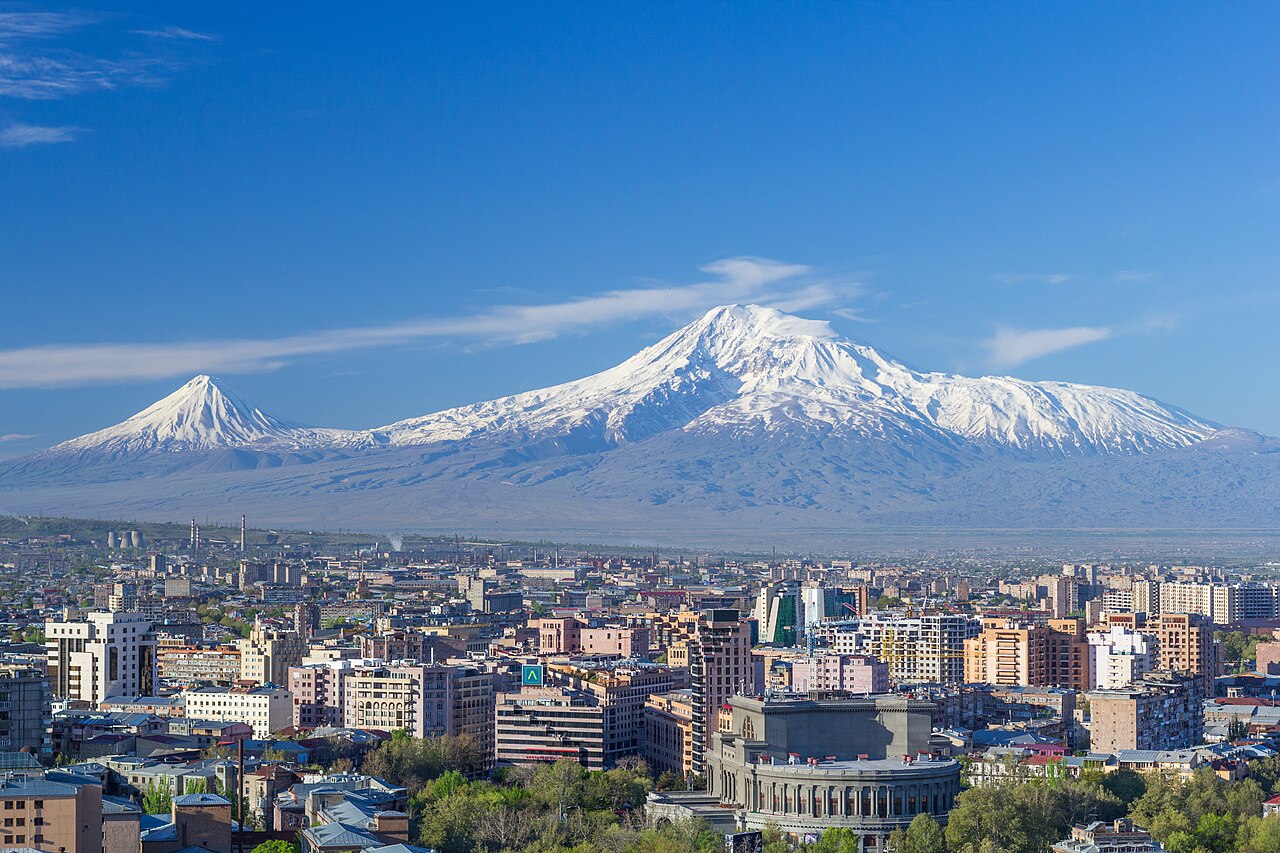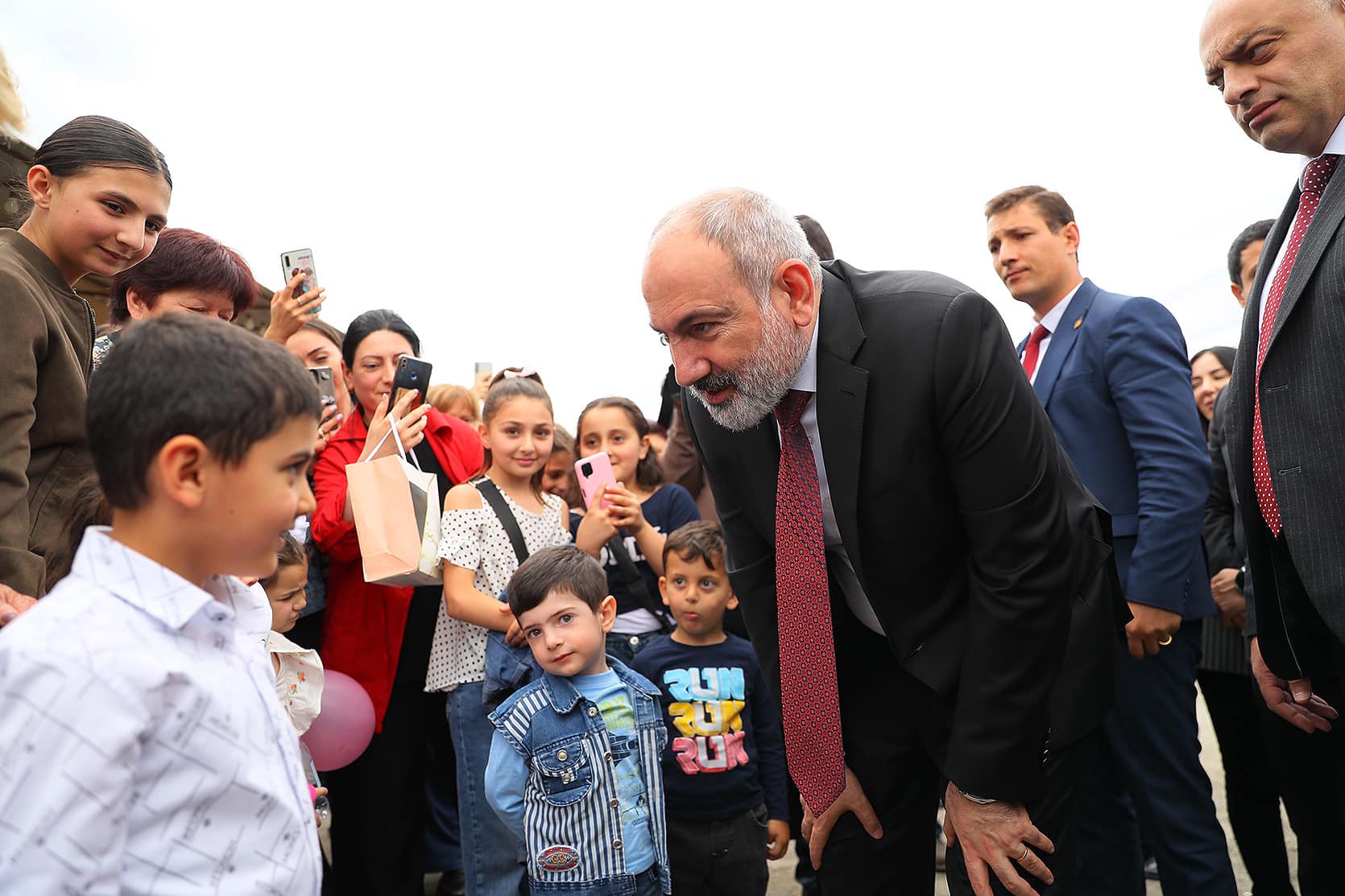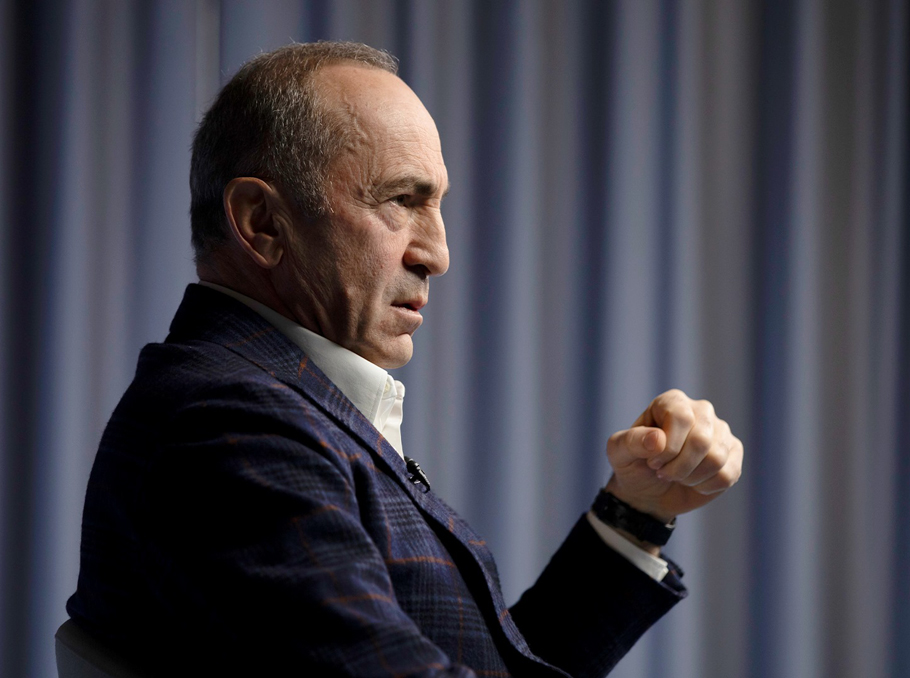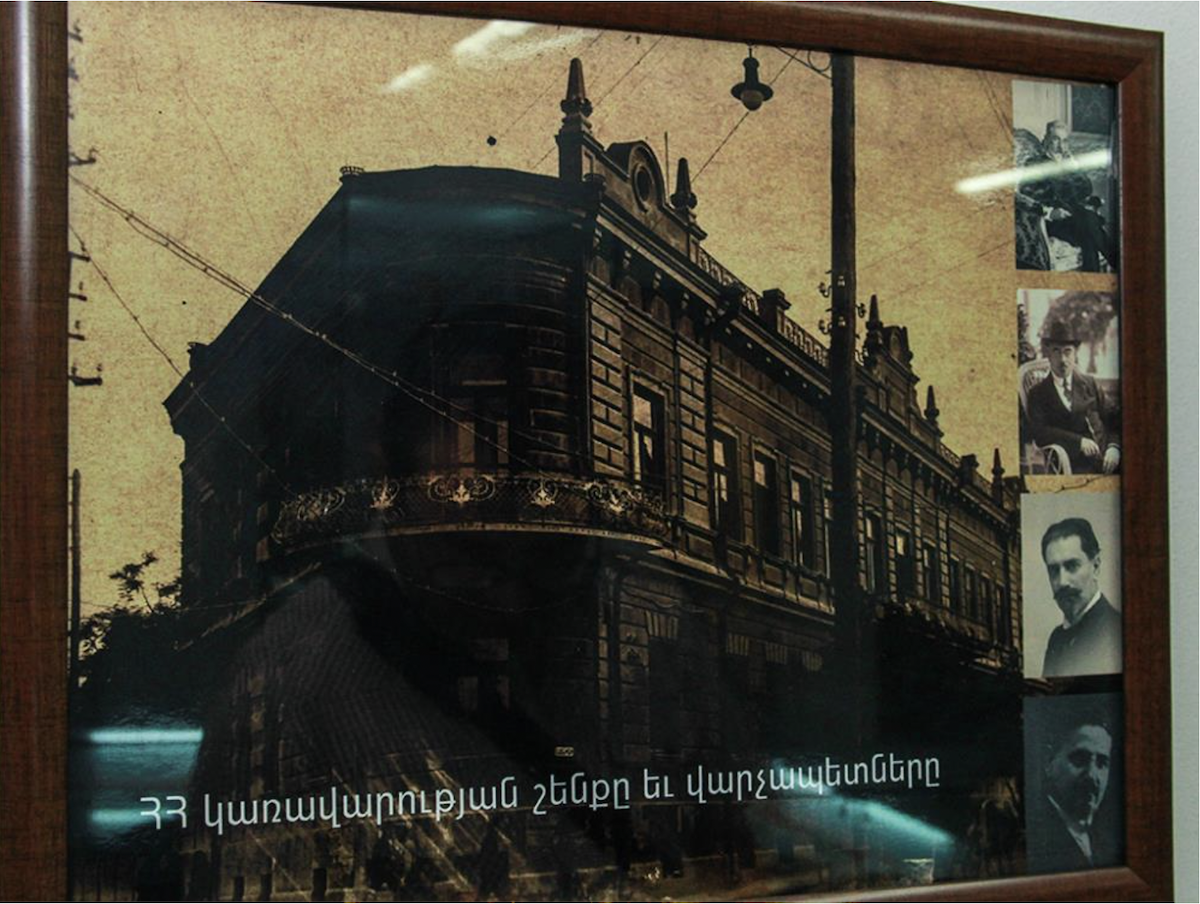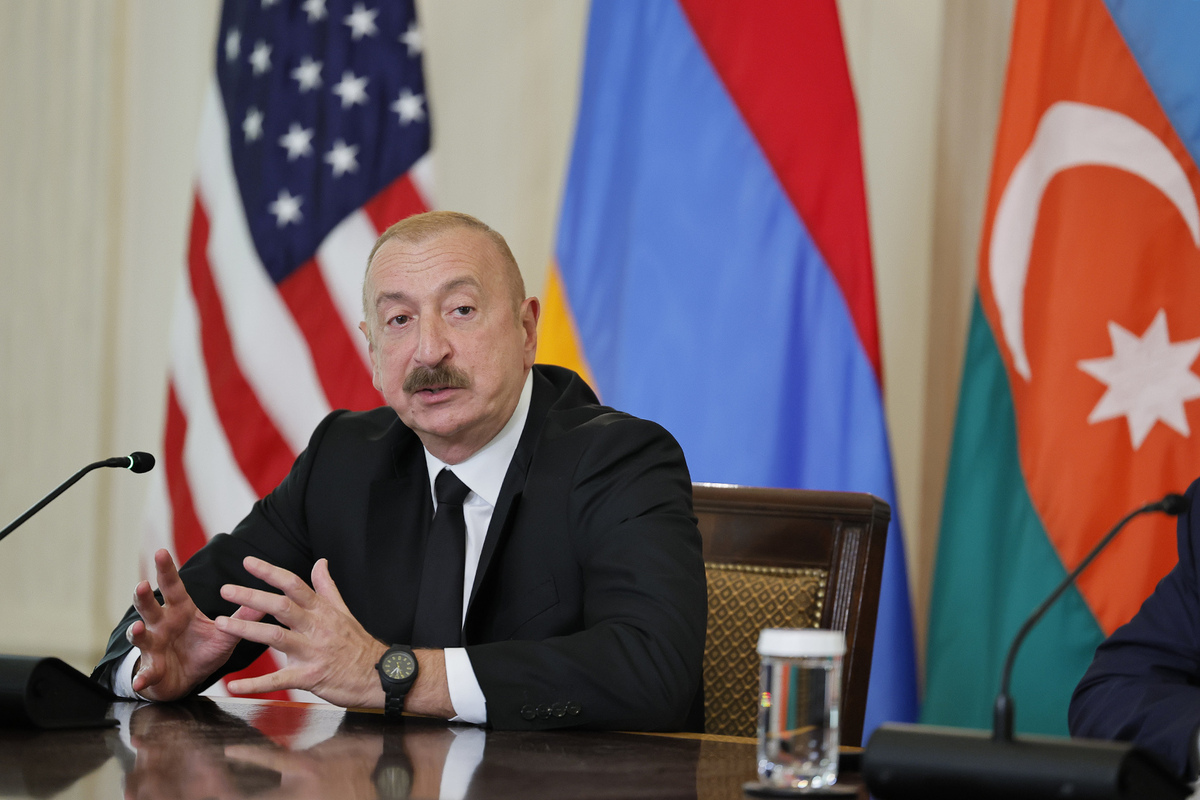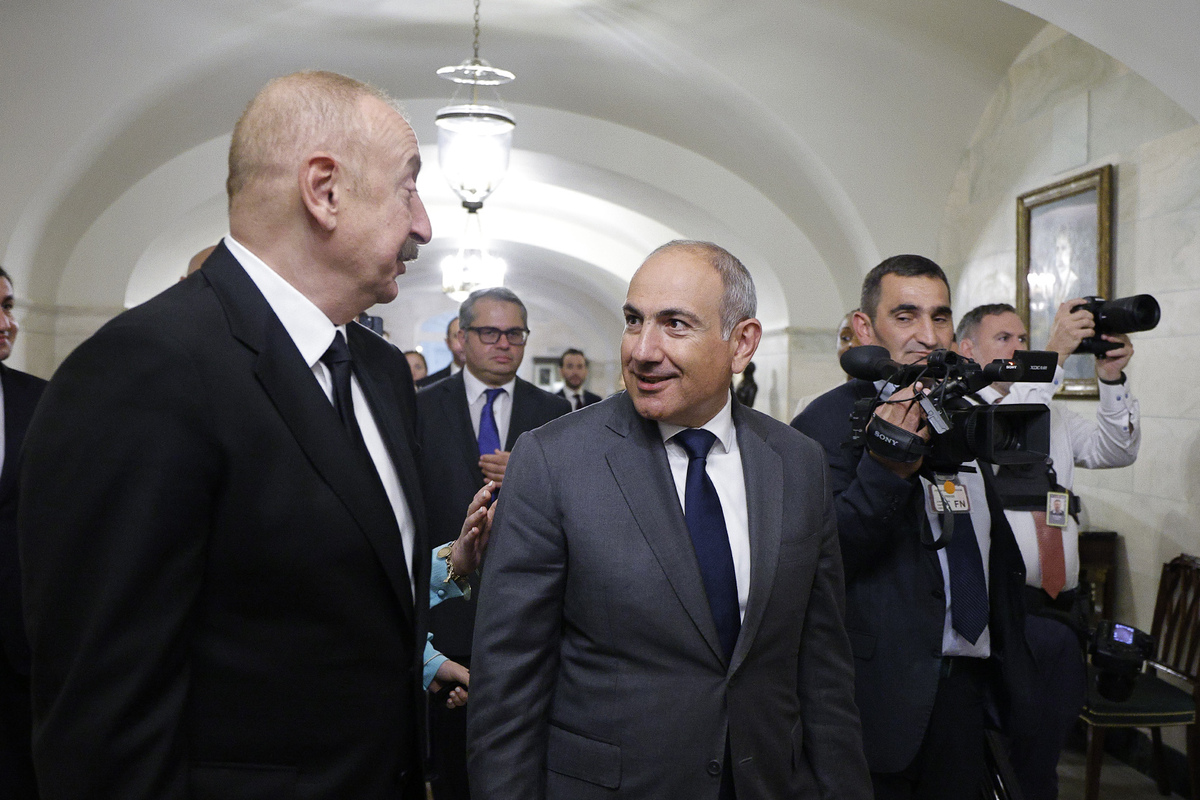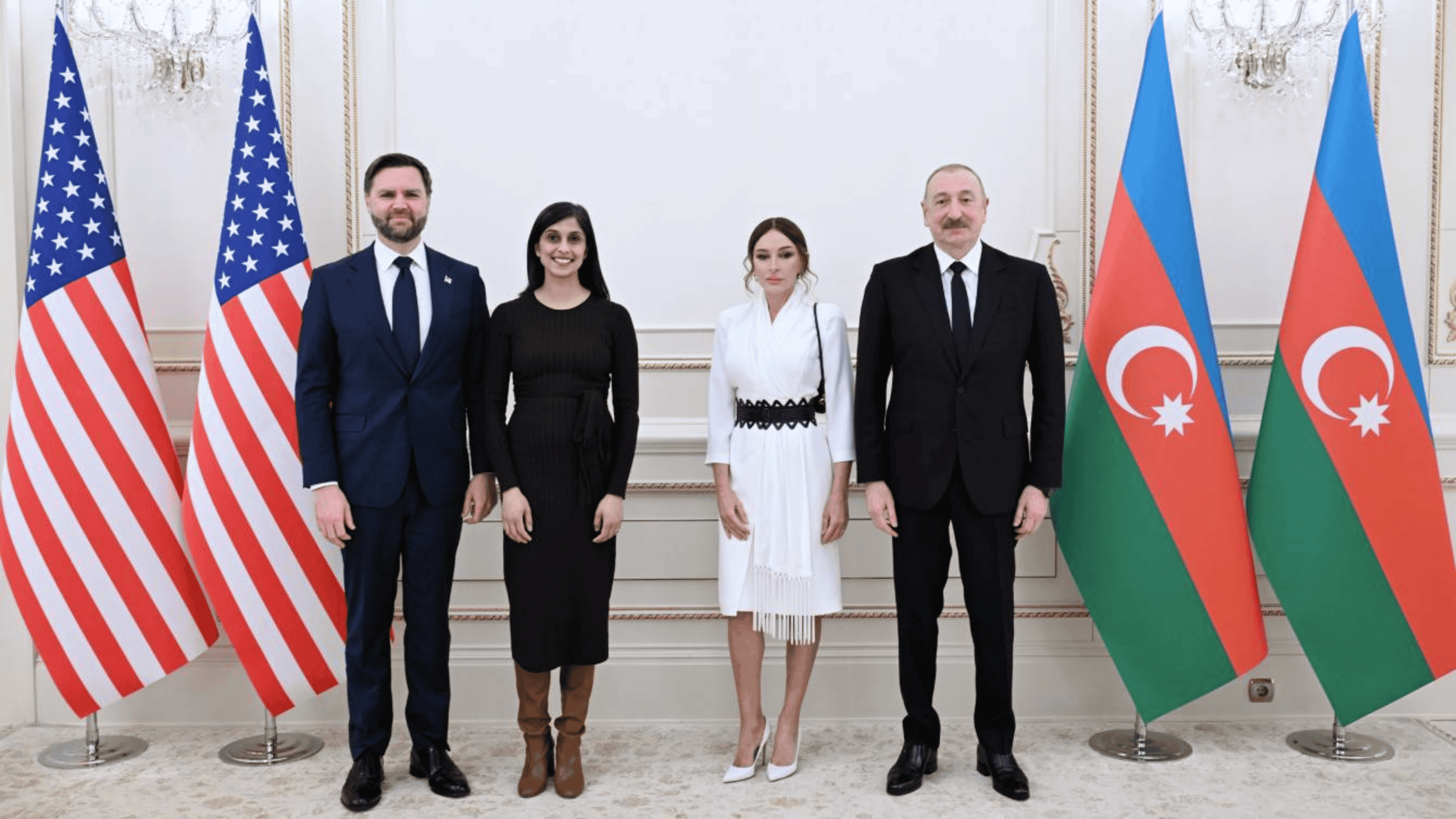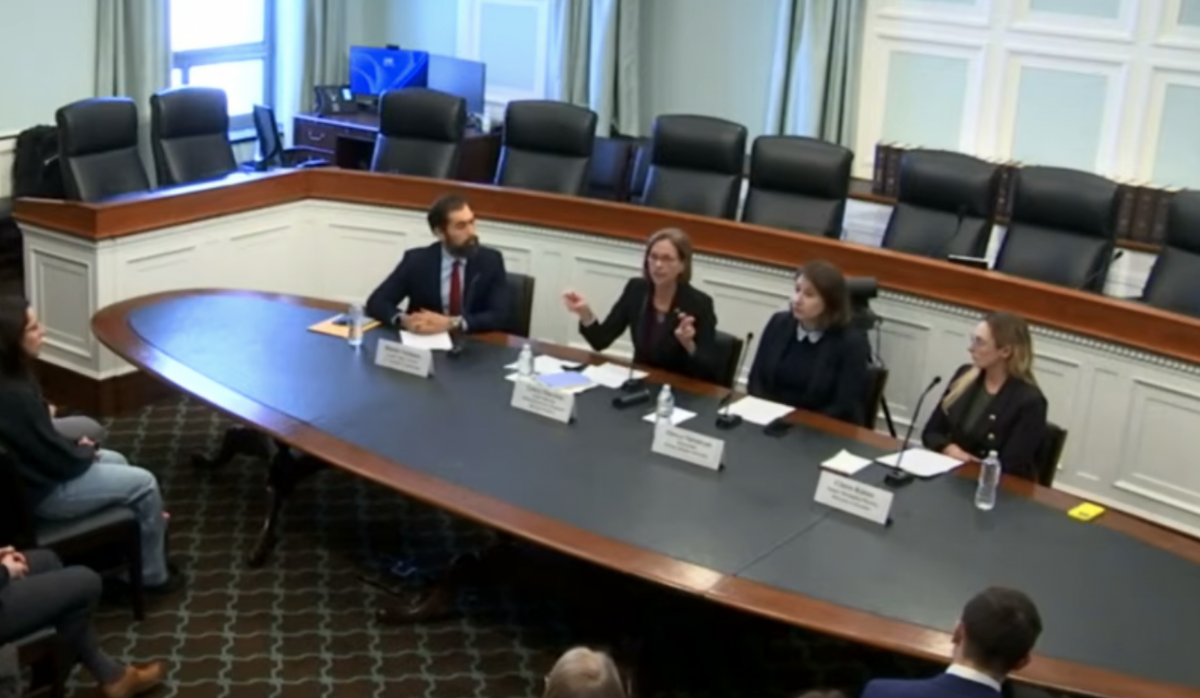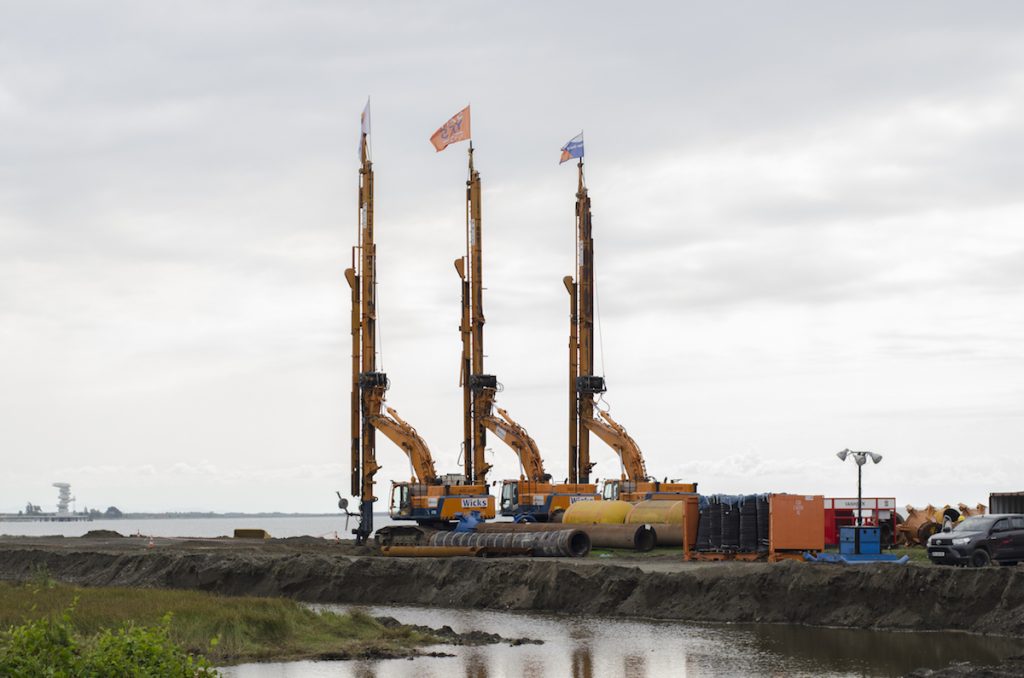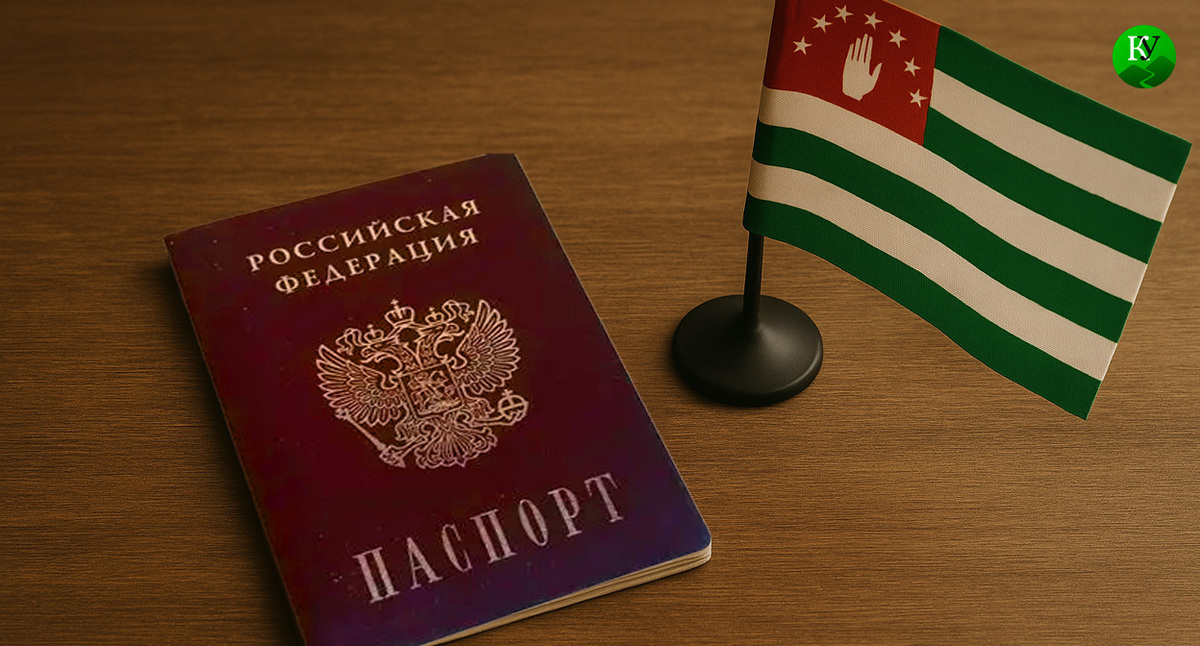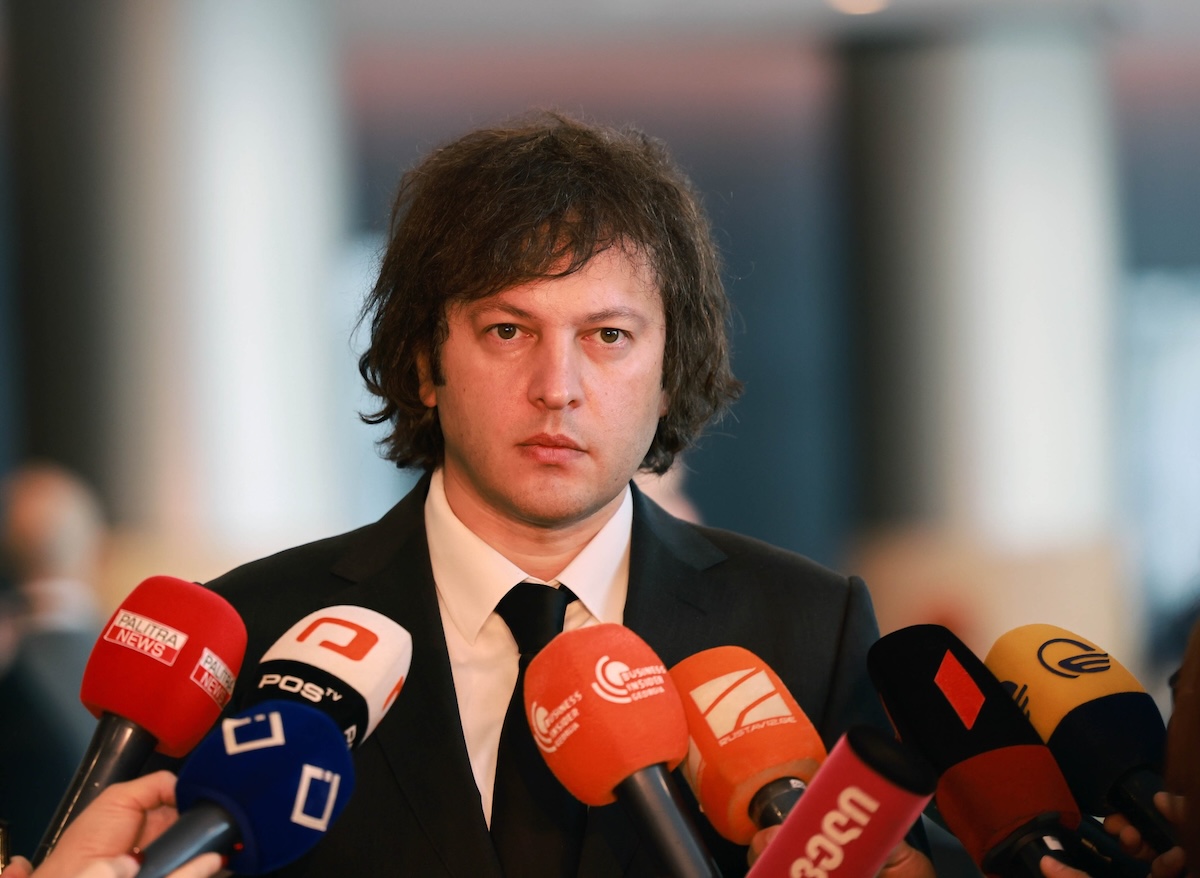Declaration on the Fourth Republic of Armenia: what the ruling party plans
Armenia’s Fourth Republic proclamation
Armenia’s ruling Civil Contract party has announced a new strategic goal – the creation of the Fourth Republic of Armenia. At its congress, the party unanimously adopted a declaration to that effect.
According to the document, the Fourth Republic “will be based on the concept of the inviolability of the internationally recognised sovereign territory of the Republic of Armenia, covering 29,743 sq km, on the basis of the Alma-Ata Declaration of 1991”. The text says the decision follows an analysis of the history of the Third Republic.
The current Republic of Armenia, which declared independence after a nationwide referendum in 1991, is referred to as the Third Republic. The first was proclaimed on 28 May 1918, and the Soviet Armenian republic is considered the second.
“The Third Republic has never hindered us in any way. We have simply been living in the Fourth Republic for a long time already,” said prime minister Nikol Pashinyan.
Analysts, however, argue that by speaking of a new republic, the prime minister is seeking to secure his grip on power.
At its seventh congress, Civil Contract also elected a new leadership body, expanding it from 15 to 20 members. Of about 880 delegates, 826 voted in favour of including Pashinyan, who was elected chair of the board.
- Armenian prisoners in Baku: reports of suicide attempts and hunger strikes, and Yerevan’s response
- For the first time, Armenian National Security Service delegation visits Baku: what Yerevan expects
- Pashinyan’s post on war anniversary sparks outrage
“The author of the Fourth Republic is the people of Armenia” – Pashinyan
“The Third Republic is our legacy, but we are entering a new stage. In the New Testament it is said: ‘new wine in new wineskins’. The Third Republic is our identity, our state. We love it, but new wine goes into new wineskins. The Fourth Republic has been established, established peacefully – confirmed by the Alma-Ata Declaration,” prime minister Nikol Pashinyan said.
The Alma-Ata Declaration stated that with the creation of the Commonwealth of Independent States, the USSR ceased to exist. The signatory republics declared they would recognise each other’s territorial integrity within the administrative borders that existed between Soviet republics.
By stressing that the Fourth Republic was formed peacefully, Pashinyan referred to Armenia and Azerbaijan’s mutual recognition of each other’s territorial integrity. He highlighted that the sides had agreed to carry out border delimitation on the basis of the Alma-Ata Declaration.
Pashinyan added that the ruling party was merely acknowledging the fact of the Fourth Republic’s formation, and that the true author of this process was the Armenian people themselves.
He said the transformation into the Fourth Republic was impossible to ignore – especially after the initialling of the peace treaty with Azerbaijan.
Provisions of the declaration
To complete the formation of the new Fourth Republic, the ruling Civil Contract party aims to win the 2026 parliamentary elections. Having secured the people’s mandate, the party says it will:
- step up efforts for Armenia’s accession to the European Union, while not setting this process against regional cooperation or a balanced foreign policy,
- adopt a new constitution through a nationwide referendum,
- continue to fulfil the public demand for peace with all neighbours,
- work to institutionalise peace on the basis of mutual recognition of territorial integrity, sovereignty and the inviolability of internationally recognised borders,
- pursue the ongoing process of unblocking regional transport links through the “Crossroads of Peace” project,
- develop anti-corruption mechanisms and democratic institutions,
- support reforms in education,
- encourage free and competitive economic activity.
“I will keep the mandate given by the people”
Prime minister Nikol Pashinyan is upbeat about his party’s chances in the 2026 parliamentary elections. Responding to concerns over the ruling force’s low ratings, he recalled that opinion polls had not been encouraging ahead of the 2021 vote either:
“My source of inspiration is not sociological surveys but the people, with whom my political team and I have an organic bond. We are bound to the people in an organic way, like an umbilical cord. We feel their discontent, their disappointment, and their other emotions.”
He said the party had many potential candidates for prime minister, including five or six favourites, though he did not name them.
“Still, I will keep the mandate given to me by the people. I cannot delegate it, even to those I trust most,” Pashinyan declared.
“The people will approve the new constitution”
Asked by journalists whether the peace process could collapse if a referendum rejects the new constitution, prime minister Nikol Pashinyan replied:
“I believe the people will approve the constitution, because the author of this process is the people themselves.”
Arsen Torosyan, minister of labour and social affairs and a member of the ruling team, added that the new constitution would be “the final step in the formation of the Fourth Republic of Armenia”.
Amending Armenia’s constitution has been set by Baku as a precondition for a peace treaty. Azerbaijani officials argue that the document contains “territorial claims”, pointing to its reference to the Declaration of Independence, which speaks of reunification with Nagorno-Karabakh.
The Armenian authorities insist they have no territorial claims — not only against Azerbaijan but against any neighbour. They stress that constitutional change is a domestic matter. Still, the debate on revising the constitution and removing the reference to the declaration began in Armenia alongside Baku’s demand. Previously, the government had spoken of the need for constitutional reform, but not of adopting an entirely new constitution.
Comments
The first reactions to the declaration on the formation of the Fourth Republic have been largely negative, both from politicians and analysts.
Suren Surenyants, head of the Democratic Alternative party, wrote on Facebook:
“In the history of states, the ‘First’, ‘Second’ and subsequent republics are usually born of radical change: a new constitution, the collapse of a political system, or the creation of a new state project after a national catastrophe.
In Armenia, the First Republic was born in 1918, and the Third in 1991 after the declaration of independence. The Armenian SSR also had subjectivity and functioned as a state entity, although it is rarely called the Second Republic.
When Nikol Pashinyan speaks of a ‘Fourth Republic’, he is in fact pursuing two goals:
- to avoid responsibility for a national catastrophe (the liquidation of Artsakh, the loss of territory, the casualties),
- to mask expected new concessions to Azerbaijan with propaganda about ‘opening a new page’.
In my view, the Third Republic effectively ceased to exist after the 44-day war and the loss of Artsakh, because since then there has been no national state project on which independent Armenia was built.
Pashinyan’s proposal is not a Fourth Republic but the concept of an Azerbaijani sub-state, which erases the political and civilisational foundations of Armenia.
The problem cannot be solved by an authority that has become a symbol of defeat and humiliation.
Our agenda must be to create a new national state project that will restore Armenia’s independence, dignity and security with extremely realistic priorities.
For any new government, the greatest achievement will be simply preserving the Republic of Armenia within its current territorial parameters, given Pashinyan’s grim legacy.”
Political commentator Hakob Badalyan argued:
“Nikol Pashinyan is trying to maintain his grip on power.
He has to erase what existed in the public consciousness before the war, defeat and the loss of Artsakh, and create some kind of new reality. The so-called Fourth Republic essentially serves that purpose.
The issue is not the numbers – third, fourth. The key is the concept of the ‘Real Armenia’, which underpins the Fourth Republic and which in fact amounts to a ‘household state’.
State goals are reduced to the level of household goals. In this sense, it would be more accurate and honest to announce the creation of the first household state.
It is a household state because its main aim is prosperity. Peace is also needed only so it does not interfere with prosperity. If we set goals beyond household concerns, [in the view of the those in power] that becomes a threat to our security and peace. Therefore we must remain within the framework of everyday concerns, so that no one threatens us and we can live in peace.
But the peace proclaimed today is not peace – it is adaptation to the conditions dictated by our neighbours.”
Armenia’s Fourth Republic proclamation










